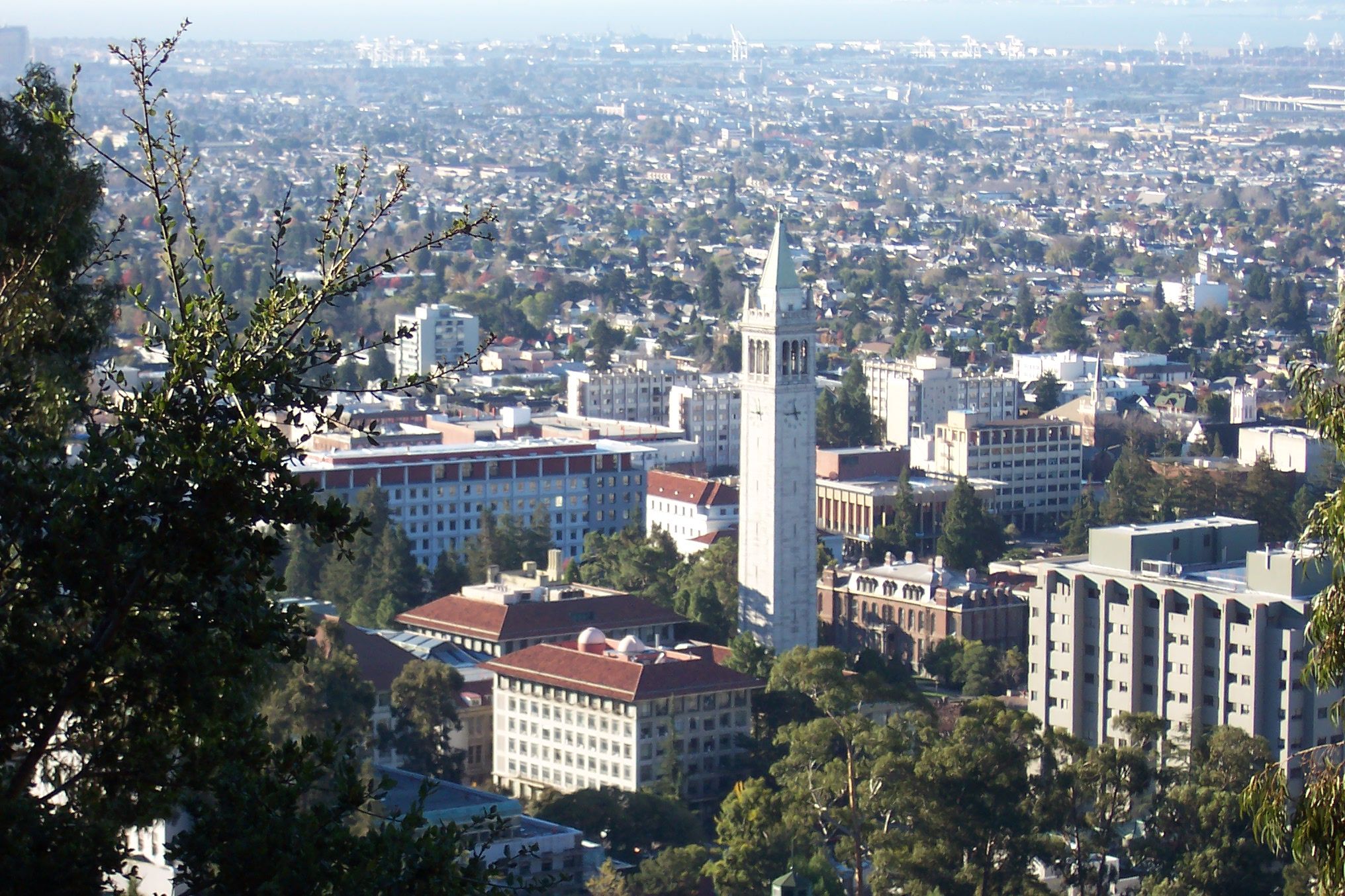Biotech scientists at the University of California, Berkeley received $12.3 million from the Department of Energy's Biological and Environmental Research Program. The researchers aim to develop an in-depth understanding of drought tolerance in field-grown sorghum.
The first paper from this study is out now. And the new research has some interesting findings - it shows exposing sorghum plants to drought can change the balance between certain microorganisms in root systems.
The study was published in PNAS. It suggests that drought plays a key role in restructuring the development of early root microbiome. This finding couldn't come at a better time, as it may help scientists develop climate-change resistant crops.
“We hope our work will provide similar strategies in other less drought-tolerant crops that can be used to increase our capacity to provide food and animal feed in the face of challenges from climate change,” said Peggy Lemaux, a faculty member in the Department of Plant and Microbial Biology. “In the end, this treatment strategy might give plants one more tool to help them survive drought.”

The University Of California, Berkeley
Agriculture's Impact On The Environment
Agriculture's impact on the environment depends on the practices used by farmers. Environmental issues that agriculture affects include:
- Climate change
- Deforestation
- Genetic engineering
- Irrigation problems
- Pollutants
- Soil degradation
- Waste
Many researchers are working toward a sustainable agriculture model. They believe agriculture should produce what is necessary without making it more difficult for future generations to do the same.
Organic Farming Is Another Sustainable Model
The University of California, Berkeley also conducts research on organic agriculture and other sustainable farming methods within the Center For Diversified Farming Systems. This center is a part of the school's Food Institute.
Organic farming offers long-term sustainability. It aims to produce food while establishing an ecological balance. Organic agriculture proactively protects the ecosystem. It doesn't wait for problems to occur to fix them. Some of the benefits of organic farming include:
- Healthier soil - Soil building practices decrease erosion and increase nutrient retention.
- Cleaner water - Well managed organic systems reduce the risk of groundwater pollution from nutrient runoff.
- Air and climate control - Organic agriculture reduces non-renewable energy use. It doesn't need as many agrochemicals, which require fossil fuels to be produced.
- Increased biodiversity - Using under-utilized species (often as rotation crops) sustains a healthier gene pool.
Supply Biotech Scientists At UC Berkeley
The University Of California, Berkeley receives a wealth of research funding every year. It's a promising market for lab suppliers working to increase sales. So far in 2018, the NIH has awarded the university $33.8 million.
Reaching out to researchers on campus while they have time away from their lab is the best way to raise interest in life science products and services. In the presence of good food and company, researchers are more receptive to hearing about biotech solutions.
Our 21st Annual BioResearch Product Faire™ Event at UC Berkeley takes place on June 6, 2018. Lab suppliers should reserve their seats now before they sell out!
For more information call 530-272-6675 or click on the link below to reserve a space and increase your scientific sales in 2018.



